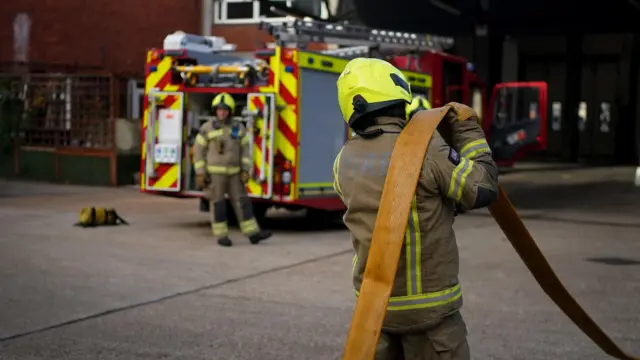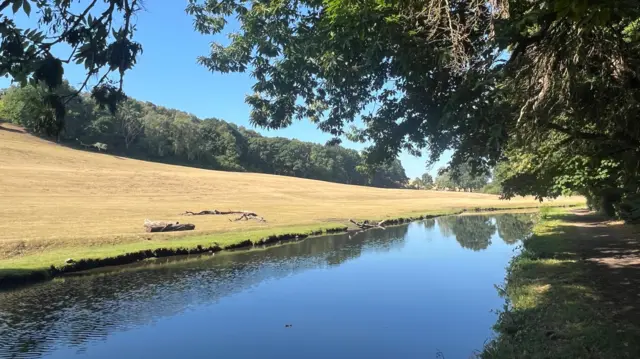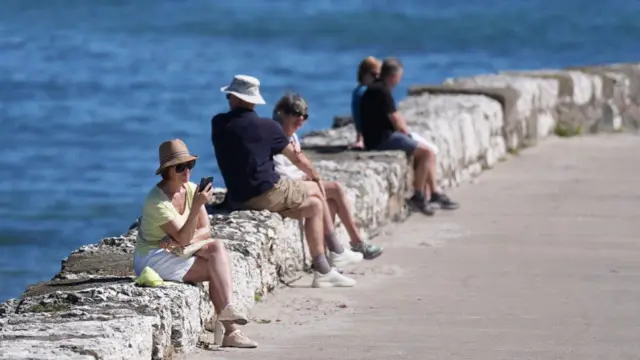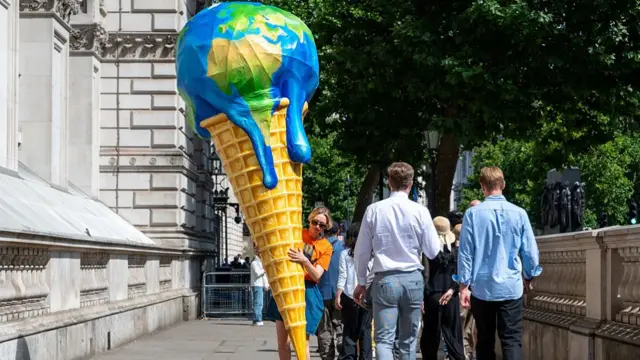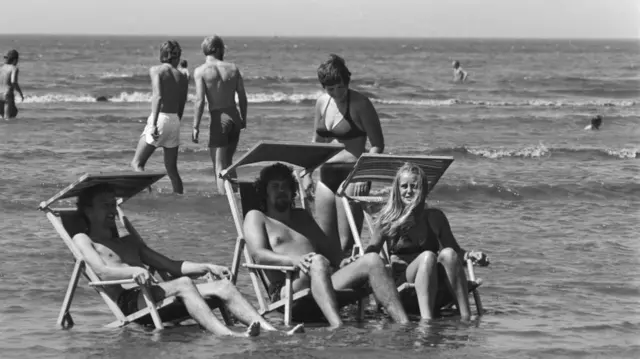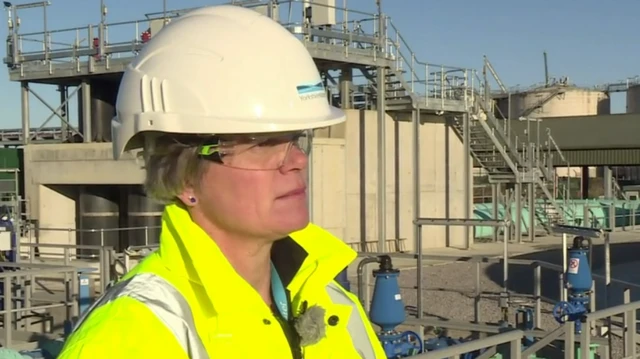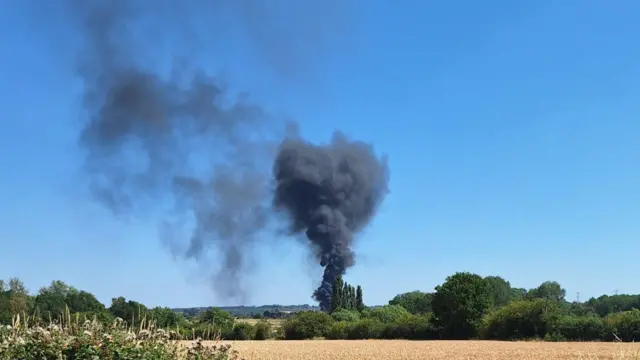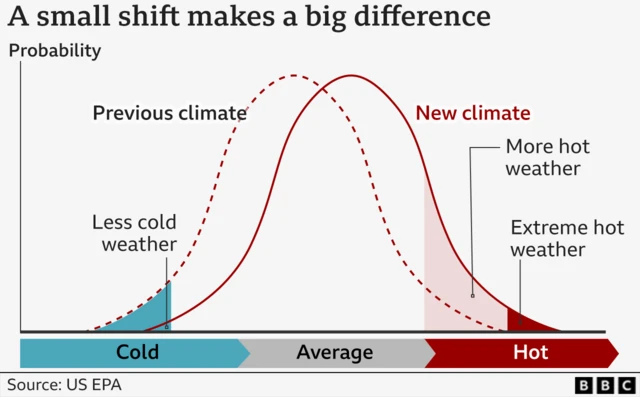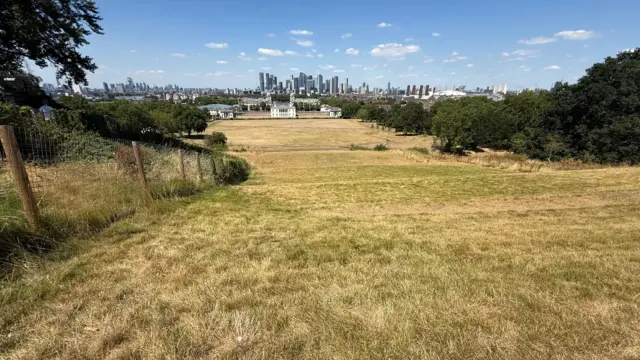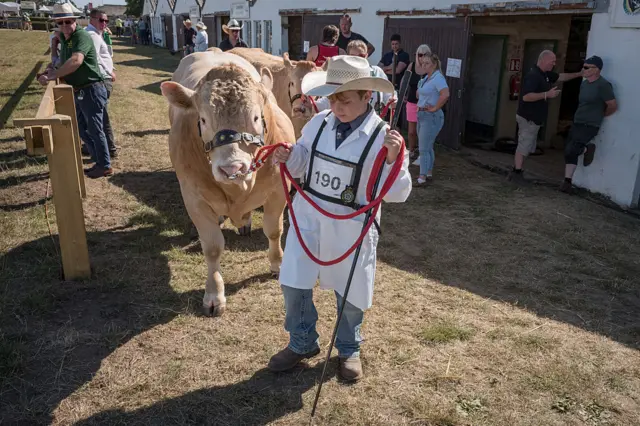Music fans brave the heat for Wireless festivalpublished at 18:19 BST 11 July
 Peter Gillibrand
Peter Gillibrand
BBC Newsbeat

Temperatures might be high, but probably not quite as fiery as the diss tracks Kendrick Lamar and Drake have been swapping.
Both rap stars are in the UK at the moment – with the Super Bowl halftime show headliner on tour and his Canadian rival headlining all three days of Wireless.
BBC Newsbeat rocked outside the music festival in London, where temperatures are about 32C.
Gracie, 17, is all ready for Drake to touch down in London town but thinks it's "too hot".
"Makeup is sweating off. I'm regretting doing a full face," she says.
Her top tip? Bring a fan. Her mate Izzy is a bit worried about coping in the heat.
"People have struggled already," she says. "Don't know how it'll be in the crowd. Sweaty armpits and everything.
"They've got free drinks though."
Festival organisers are reminding people to drink water and keep cool.

